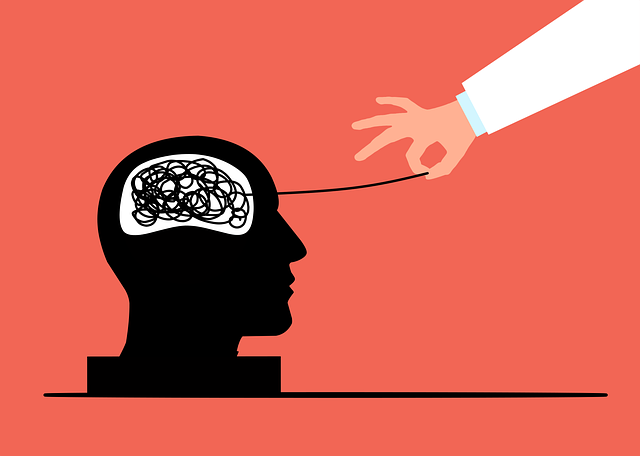Children's stress is a growing concern, with modern kids facing academic pressures, peer issues, and tech distractions. To combat this, public awareness campaigns emphasizing therapy for children and stress management are vital. These initiatives aim to equip parents, educators, and mental health professionals with tools to identify and support stressed children, fostering resilience and well-being. Effective strategies include normalizing mental health conversations, using engaging media, providing age-appropriate emotional regulation tools, community involvement through parental education, and offering tailored workshops focusing on long-term behavioral shifts and emotional well-being. Regular evaluation ensures these campaigns adapt to evolving community needs, promoting lasting positive change in children's mental health and stress management.
In today’s fast-paced world, children face unprecedented levels of stress. This article explores the crucial role of public awareness campaigns in understanding and addressing this growing concern. We delve into the impact of childhood stress on mental health and highlight the necessity for effective stress management strategies. Through a multi-faceted approach, including campaign development, implementation, and measurement, we provide insights into fostering healthy minds. Discover how these initiatives can revolutionize therapy for children’s stress management, ultimately paving the way for happier, more resilient futures.
- Understanding Children's Stress: Unveiling the Impact and Need for Awareness
- Crafting Effective Public Awareness Campaigns for Stress Management in Kids
- Implementing and Measuring Success: Strategies for Long-Lasting Positive Change
Understanding Children's Stress: Unveiling the Impact and Need for Awareness

Children’s stress is a growing concern that demands our attention and immediate action. It’s essential to recognize that kids today face various pressures, from academic expectations to peer interactions and technological distractions. Understanding this hidden challenge is crucial for developing effective public awareness campaigns focused on therapy and stress management for children.
Through such initiatives, we can educate parents, educators, and mental health professionals about the subtle signs of stress in children, empowering them with empathy-building strategies and risk management planning. By promoting inner strength development, these efforts aim to equip young individuals with the tools needed to navigate life’s challenges, fostering resilience and overall well-being.
Crafting Effective Public Awareness Campaigns for Stress Management in Kids

Crafting effective public awareness campaigns for stress management in kids requires a nuanced approach that combines education, empathy building strategies, and communication techniques. Start by normalizing conversations about mental health early on to break down stigma. Utilize engaging media formats like interactive videos and storytelling to capture young audiences’ attention while teaching them emotional regulation skills.
Incorporate practical tips tailored for different age groups, from simple breathing exercises to more complex problem-solving strategies. Foster a sense of community by involving parents and caregivers in the process, providing them with communication strategies to support their children’s mental well-being. Remember, successful campaigns empathize with kids’ experiences, making therapy for children stress management accessible and relatable.
Implementing and Measuring Success: Strategies for Long-Lasting Positive Change

Implementing effective public awareness campaigns is only the first step; measuring and ensuring their success is crucial for creating lasting positive change. To achieve this, organizers should incorporate strategies that promote long-term behavioral shifts and emotional well-being. For instance, campaigns focused on children’s mental health can offer therapy sessions and stress management workshops, fostering a supportive environment that addresses both immediate concerns and future resilience. By providing resources like trauma support services and burnout prevention programs, these initiatives empower individuals to navigate challenging situations.
Additionally, promoting self-esteem improvement techniques within the campaigns can have profound effects on participants’ overall well-being. Such approaches not only cater to current needs but also lay the foundation for a more positive and adaptable mindset, which is essential in mitigating potential future stressors. Regular evaluation and feedback mechanisms should be implemented to gauge the impact of these initiatives, allowing for continuous improvement and refinement based on the community’s evolving needs.
Public awareness campaigns play a pivotal role in addressing children’s stress, a growing concern in today’s fast-paced world. By understanding the impact of stress on young minds and implementing effective strategies, we can foster healthier and happier childhoods. The key lies in crafting engaging campaigns that educate parents and caregivers, encouraging open conversations about mental health. Through successful implementation and measurement, these campaigns can drive lasting positive change, ensuring better access to therapy for children and improved stress management skills. It’s time to revolutionize the way we approach children’s well-being, one informed step at a time.








